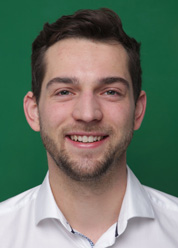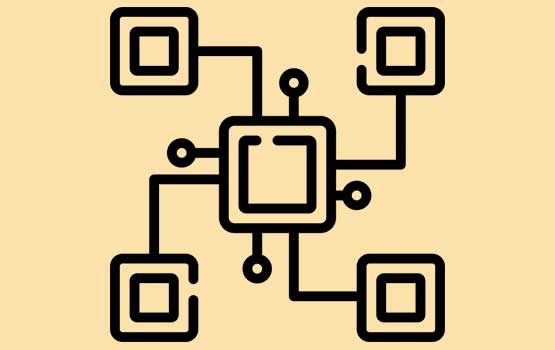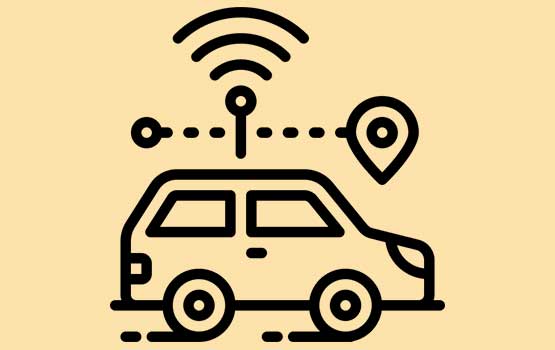
M. Sc. Laurenz Adolph
- Scientific Staff
- Group: Prof. Sax
- Phone: +49 30 7017337 183
- Adolph ∂does-not-exist.fzi de
- www.fzi.de/team/laurenz-adolph/
Forschungszentrum Informatik (FZI)
Haid- und Neu-Str. 10 - 14
76131 KarlsruheAußenstelle Berlin

Classification and clustering of driving scenarios
In the development of highly automated driving functions, a safety-related evaluation of the function is essential. For this purpose, the driving functions still under development have to be tested for thousands of kilometers. Since this is not realistic, driving situations are combined into scenarios (e.g., turning left with oncoming traffic) and tested in a targeted manner. This reduces the amount of testing required. However, the prerequisite for this is that it is known which scenarios occur in which form and how often. For this purpose, methods are being researched at FZI/ITIV to classify and cluster recorded or simulated driving scenarios and to make statements about the probability of occurrence.

Development processes of vehicle E/E architectures
Vehicle development is strongly driven by the trends connectivity, electrification and automation. The hardware and software required for this is combined by the electrical/electronic architecture (E/E architecture) installed in the vehicle. As more and more functionalities, sensors and networks are added between individual components, more and more "Electronic Control Units (ECU's)" are installed in vehicles. In some vehicles, more than 150 ECU's are already installed. The E/E architectures have developed and changed faster than the established development processes. At FZI/ITIV, we are therefore researching future-oriented processes for the development of E/E architectures.

Localization of vehicles by means of infrastructure
A prerequisite for automated driving functions is that the vehicle must be able to localize itself in order to be able to classify itself in the environment. Various sensors, mostly optical, are used in the vehicle for this purpose. However, the problem arises that the sensors have different degradation mechanisms and working ranges (e.g. camera is blinded by the sun). In order to achieve a more robust localization of the vehicle, additional sensors, which compensate for the weaknesses of the already used sensors, have to be used. FZI/ITIV is therefore researching how infrastructure (e.g. 5G, landmarks, ...) can contribute.

